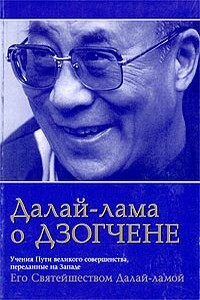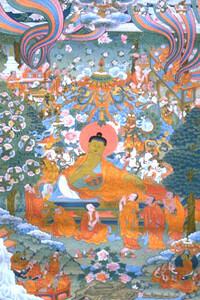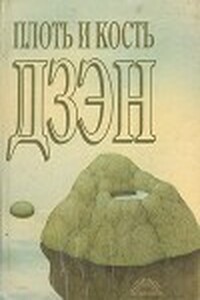Mastering the Core Teachings of Buddha. An Unusually Hardcore Dharma Book | страница 26
IMPERMANENCE
All things are impermane
nt . This is one of the most
fundamental teachings of the Buddha and the second to last sentence he uttered before he died: “All phenomena are impermanent! Work out your salvation with diligence!” In his last words, he said everything you
The Three Characteristics
need to know to do insight practices. Things come and go. Nothing lasts for even an instant! Absolute transience is truly the fundamental nature of experiential reality.
What do I mean by “experiential reality?” I mean the universe of sensations that you actually experience. There are many gold standards for reality. However, when doing insight practices, the only useful gold standard for reality is your own sensate experience. From the conventional point of view, things are usually thought to be there even when you can no longer experience them, and are thus assumed with only circumstantial evidence to be somewhat stable entities.
Predictability is used to assume continuity of existence. For our day-today lives, this assumption is adequate and often very useful.
For example, you could close your eyes, put down this book, and then pick it up again where you left it without opening your eyes. From a pragmatic point of view, this book was where you left it even when you were not experiencing it in any way. However, when doing insight practices, it just happens to be much more useful to assume that things are only there when you experience them and not there when you don’t. Thus, the gold standard for reality when doing insight practices is the sensations that make up your reality in that instant. Sensations not there at that time do not exist, and thus only the sensations arising in that instant do exist. In short, the vast majority of what you usually think of as making up your universe doesn’t exist the vast majority of the time, from a pure sensate point of view. This is exactly, precisely and specifically the point. Knowing this directly leads to freedom.
It is wise to reflect on death and all of that, for it is useful and true.
This is a reflection on ordinary reality and thus an aspect of training in morality that is commonly used to develop motivation to train in insight.
Far better to see one sensation arise and pass away. What do I mean by this? I mean that sensations arise out of nothing, do their thing, and vanish utterly. Gone. Utterly gone. Then the next sensation arises, does its thing, and disappears completely. “That's the stuff of modern physics,” one might say. “What does that have to do with practice?”



